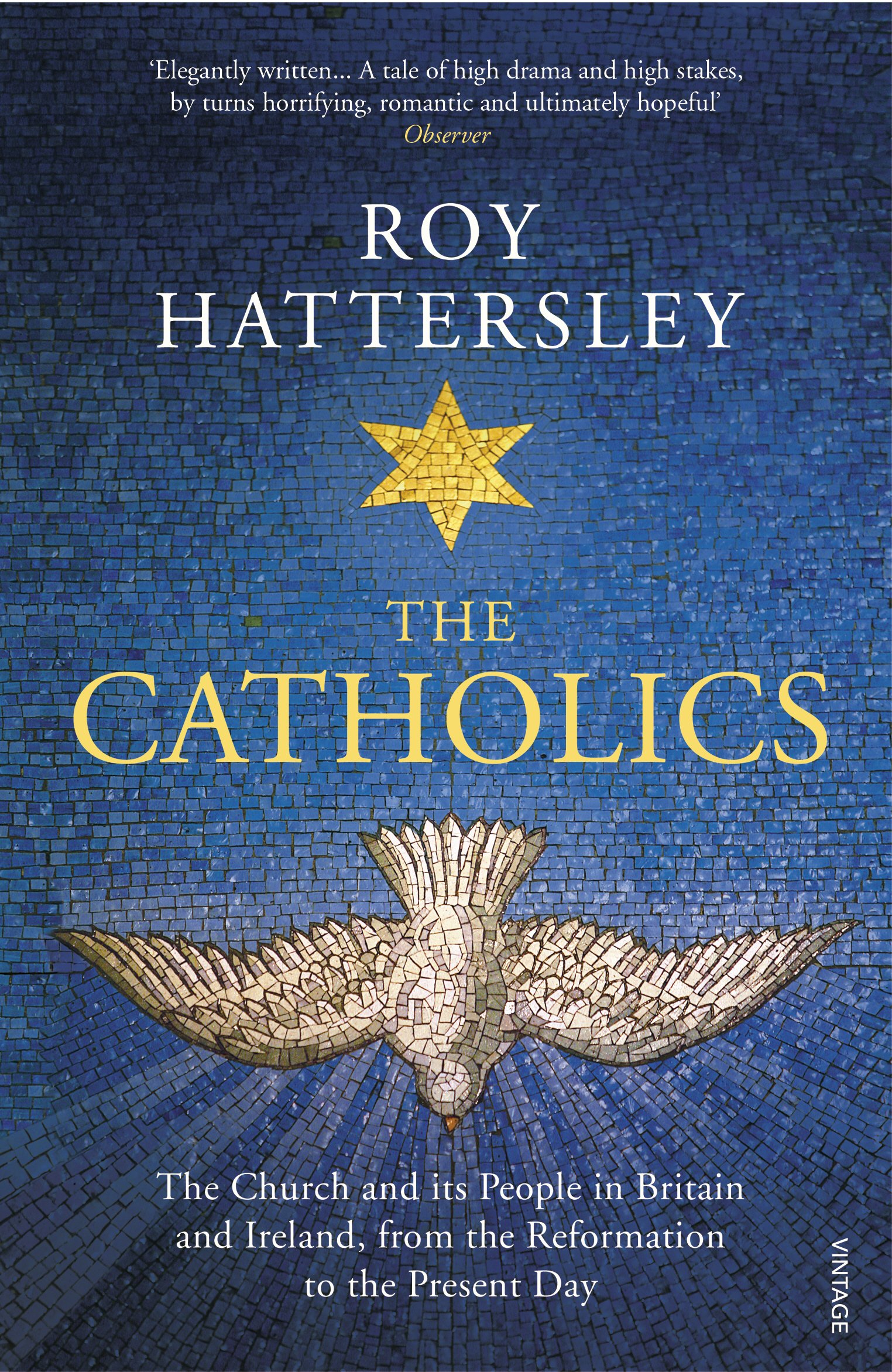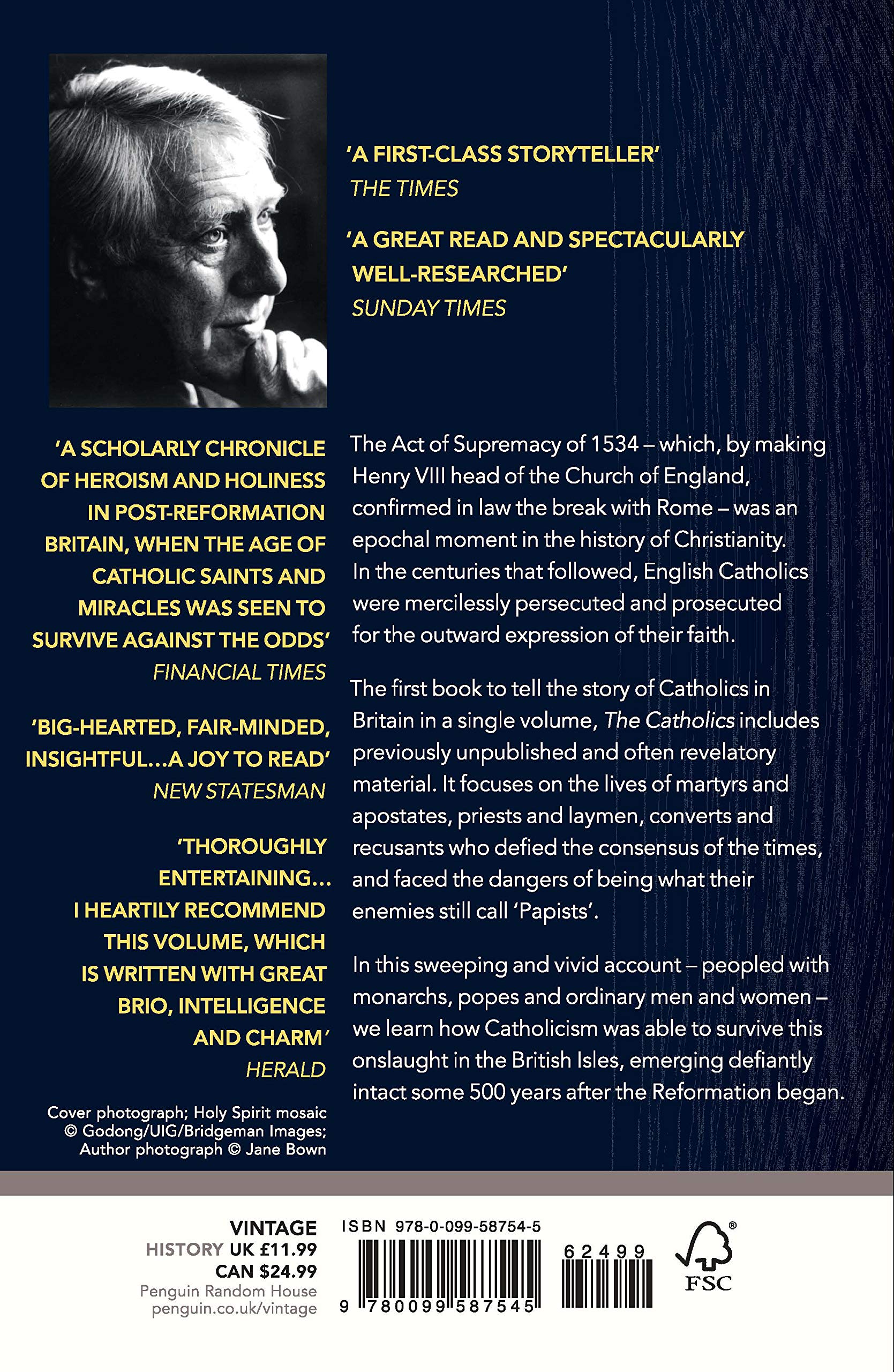The Catholics: The Church and Its People in Britain and Ireland, from the Reformation to the Present Day | Roy Hattersley

Detalii The Catholics: The Church and
The Catholics: The Church and - Disponibil la carturesti.ro
Pe YEO găsești The Catholics: The Church and de la Random House UK, în categoria Carte straina.
Indiferent de nevoile tale, The Catholics: The Church and Its People in Britain and Ireland, from the Reformation to the Present Day | Roy Hattersley din categoria Carte straina îți poate aduce un echilibru perfect între calitate și preț, cu avantaje practice și moderne.
Caracteristici și Avantaje ale produsului The Catholics: The Church and
- Departament: gaming-carti-birotica
- Ideal pentru pasionații de jocuri, birotică și distracție online.
Preț: 66 Lei
Caracteristicile produsului The Catholics: The Church and
- Brand: Random House UK
- Categoria: Carte straina
- Magazin: carturesti.ro
- Ultima actualizare: 27-10-2025 01:24:43
Comandă The Catholics: The Church and Online, Simplu și Rapid
Prin intermediul platformei YEO, poți comanda The Catholics: The Church and de la carturesti.ro rapid și în siguranță. Bucură-te de o experiență de cumpărături online optimizată și descoperă cele mai bune oferte actualizate constant.
Descriere magazin:
Throughout the 300 years that followed the Act of Supremacy—which, by making Henry VIII head of the Church, confirmed in law the breach with Rome—English Catholics were prosecuted, persecuted and penalized for the public expression of their faith. Even after the passing of the emancipation acts Catholics were still the victims of institutionalized discrimination. The first book to tell the story of the Catholics in Britain in a single volume, The Catholics includes much previously unpublished information. It focuses on the lives, and sometimes deaths, of individual Catholics—martyrs and apostates, priests and laymen, converts and recusants. It tells the story of the men and women who faced the dangers and difficulties of being what their enemies still call "Papists." It describes the laws which circumscribed their lives, the political tensions which influenced their position within an essentially Anglican nation and the changes in dogma and liturgy by which Rome increasingly alienated their Protestant neighbors—and sometime even tested the loyalty of faithful Catholics. The survival of Catholicism in Britain is the triumph of more than simple faith. It is the victory of moral and spiritual unbending certainty. Catholicism survives because it does not compromise. It is a characteristic that excites admiration in even a hardened atheist.


Produse asemănătoare
Produse marca Random House UK

Shadow of the Silk Road. Vintage Voyages, Paperback/Colin Thubron
![]() elefant.ro
elefant.ro
Actualizat in 28/10/2025
79.99 Lei

Hawksmoor at Home: Meat - Seafood - Sides - Breakfasts - Puddings - Cocktails, Hardcover/Huw Gott
![]() elefant.ro
elefant.ro
Actualizat in 28/10/2025
252.99 Lei

Everything Is Negotiable: How to Get the Best Deal Every Time, Paperback/Gavin Kennedy Etc
![]() elefant.ro
elefant.ro
Actualizat in 28/10/2025
93.99 Lei

The Water of Life: A Treatise on Urine Therapy, Paperback/J. Armstrong
![]() elefant.ro
elefant.ro
Actualizat in 28/10/2025
108.99 Lei

Intuition and Beyond: A Step-By-Step Approach to Discovering Your Inner Voice, Paperback/Sharon Klingler
![]() elefant.ro
elefant.ro
Actualizat in 28/10/2025
115.99 Lei
